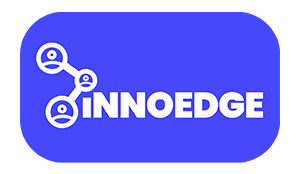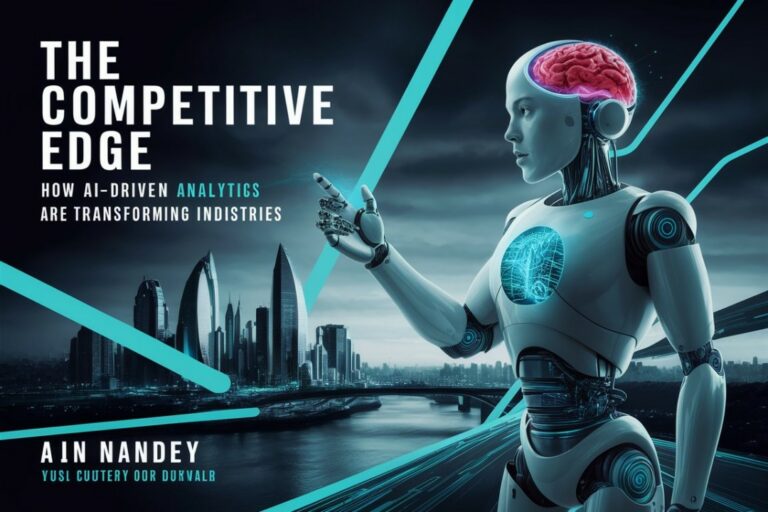Artificial Intelligence (AI) has become a transformative force across various industries, providing businesses with advanced tools for data analysis, real-time insights, and automation. By leveraging AI-driven analytics, companies are gaining a competitive edge, enhancing operational efficiency, and driving innovation. This article highlights case studies of industries transformed by AI-driven data analytics and the competitive advantages gained.
Healthcare: Precision and Efficiency
Case Study: IBM Watson Health
IBM Watson Health, in collaboration with Memorial Sloan Kettering Cancer Center, uses AI to process vast amounts of medical literature and patient data, aiding oncologists in diagnosing and recommending treatment options. This AI application has reduced diagnosis time from weeks to hours and increased accuracy in identifying cancer types, leading to personalized treatment plans and improved patient outcomes (Capella Solutions).
Competitive Advantage
The use of AI in healthcare allows for rapid and accurate diagnosis, personalized treatment plans, and enhanced patient care. This not only improves health outcomes but also reduces costs associated with prolonged diagnosis and ineffective treatments.
Finance: Enhanced Risk Management and Fraud Detection
Case Study: JPMorgan Chase
JPMorgan Chase’s COiN (Contract Intelligence) platform utilizes AI to review legal documents and detect fraudulent activities. This platform has dramatically reduced the time required to review documents from 360,000 hours annually to seconds, enhancing accuracy and reducing financial losses from fraud (Capella Solutions).
Competitive Advantage
AI enhances risk management and fraud detection capabilities, ensuring financial stability and customer trust. This results in significant cost savings and improved operational efficiency, giving financial institutions a robust defense against evolving threats.
Manufacturing: Optimizing Production and Predictive Maintenance
Case Study: Siemens
Siemens integrates AI with its manufacturing processes to optimize production and implement predictive maintenance. AI models predict equipment failures before they occur, reducing unplanned downtime by up to 50% and increasing production efficiency by 20% (Capella Solutions).
Competitive Advantage
AI-driven predictive maintenance and process optimization lead to reduced operational costs, improved efficiency, and higher production output. This allows manufacturers to maintain competitive pricing and quality standards.
Retail: Personalizing Customer Experience and Inventory Management
Case Study: Amazon
Amazon’s AI-powered recommendation engine and supply chain optimization algorithms are industry benchmarks. These technologies use collaborative filtering and deep learning to recommend products and optimize inventory, contributing to 35% of Amazon’s revenue and reducing holding costs by 15% (Capella Solutions).
Competitive Advantage
Personalized customer experiences and efficient inventory management result in higher sales, customer satisfaction, and loyalty. AI enables retailers to anticipate demand accurately, reduce waste, and improve profitability.
Transportation: Autonomous Vehicles and Fleet Management
Case Study: Tesla
Tesla’s advancements in autonomous vehicle technology showcase AI’s transformative potential in transportation. The AI-powered Autopilot and Full Self-Driving (FSD) systems use computer vision and reinforcement learning to enhance safety and efficiency, reducing the likelihood of accidents and optimizing fleet management (Capella Solutions).
Competitive Advantage
AI-driven autonomous vehicles improve safety, reduce operational costs, and enhance the customer experience. These innovations position companies at the forefront of the transportation industry, driving growth and market leadership.
Conclusion
The integration of AI-driven analytics across various industries is revolutionizing operations, driving innovation, and providing significant competitive advantages. From healthcare to finance, manufacturing, retail, and transportation, AI enables businesses to make data-driven decisions, optimize processes, and enhance customer experiences. As AI technology continues to evolve, its impact on industry transformation will only increase, making it an essential tool for future success



